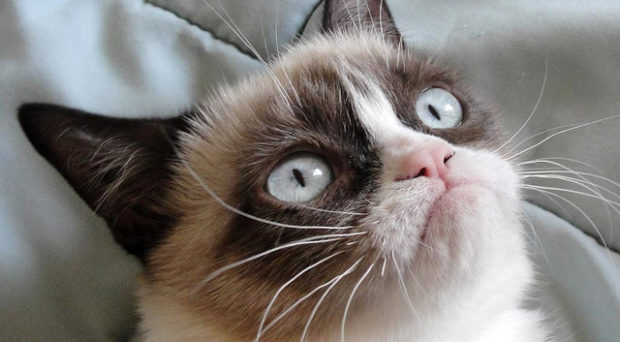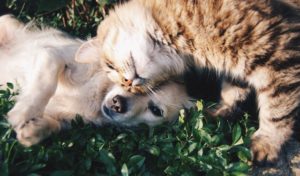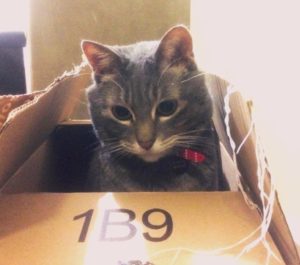
Inter-species companionship, such as keeping pets, is an ancient practice for humans indicating a significant value obtained from the relationship. Historically, humans demonstrated this value by sharing resources such as food and shelter with their animal companions. Today, value is reflected monetarily. One worldwide 2017 study estimate suggested that humans spent $109 billion on pet care goods and services. Although we can track the economic value of our animal companions, how people mentally conceptualize their animal companions remains ambiguous.
To better understand how we conceptualize popular pets such as cats and dogs, Hoffman and colleagues’ recent article in BMC Psychology reports findings from a survey aimed at determining how we conceptualize these animal companions.

Hoffman and colleagues’ online survey, utilized open ended questions with a free-elicitation methodology to capture respondents’ most salient concepts (i.e. characteristics and emotions) when asked what they think about cats and dogs. The free-elicitation method allows respondents to answer with any words or phrases that come to mind when asked the open-ended question: “Which aspects come to mind when you think of cats?”.
Researchers regarded the most salient concepts to be the ones most frequently associated with the overall conceptualization of the animals and therefore more important.
This pattern differed in cats in that independent of ownership or planned ownership the highest reported attributes only included “personality” and “love”.
The multitude of unique responses were then categorized for analysis. Synonymous words (e.g. “friendly”, “kind”, and “warm-hearted”) used in responses were grouped together. Groups of words with similar conceptual meaning were further categorized. For example, “stubborn”, “proud,” and “integrity” were grouped under the personality/mentality category. Respondents were also grouped depending on whether they owned pets, and if they did not, whether they were thinking about owning.
When conceptualizing dogs, respondents – independent of ownership or planned ownership – all responded with the same top attributes, namely: “friendship”, “love”, “companionship”, “joy”, and “loyalty.” This pattern differed in cats in that independent of ownership or planned ownership the highest reported attributes only included “personality” and “love”.
Interestingly, individuals who did not plan on owning a dog or cat ranked the attribute of “nuisance” higher than owners and potential owners.

The results of this research not only demonstrate that people conceptualize cats and dogs in different ways, but that our conceptualizations can transcend the type of relationship a person has with a pet. People associate dogs with attributes related to “friendship”, love”, “companionship”, “joy”, and “loyalty” while they associate cats with attributes related to “personality” and “love”.
The ways in which people conceptualize cats is particularly interesting. The top two attributes of “love” and “personality” were at least 30% more likely to be considered important than the attribute ranked third (companionship). Furthermore, “social interaction” was one of the least important attributes. These findings reflect a seemingly conflicting view of the relationship between cats and humans in that concepts of love can be independent of concepts such as companionship and social interaction.
The one top value that both cats and dogs shared was “love”. Perhaps this is the greatest rationalization for the exorbitant value we place on our two most popular animal companions. The economic expenses we devote to them seems to be justified by the reciprocated emotional value obtained from these companion animals.
So, for this year’s National Cat Day think about the ancient Egyptians, Japanese culture, and the entire world’s obsession with cat videos. Cats have been adored and viewed sacred for centuries and they have provided us with the most valuable gifts of all: love.
Comments